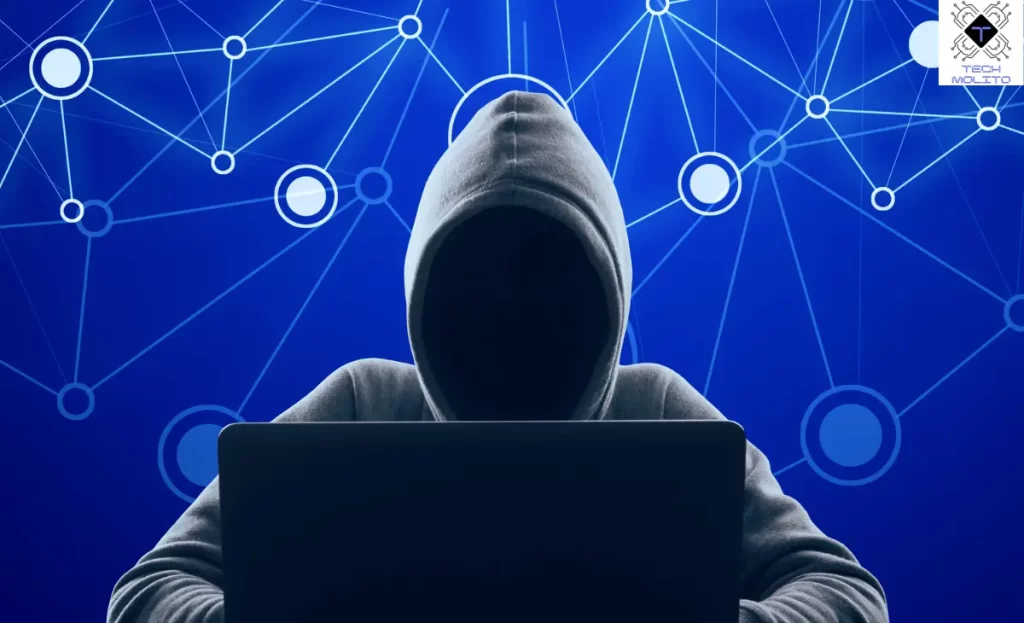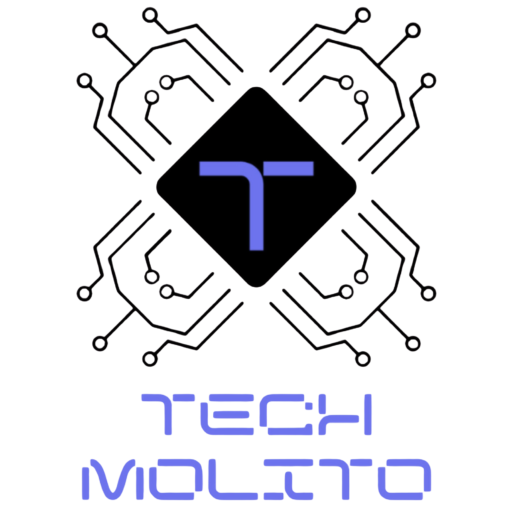In today’s digital world, security is everything. Ethical hacking tools are used to protect systems, find weaknesses, and stop attackers before they strike. These tools help keep our online spaces safe. Let’s explore the most important tools for ethical hacking.
What Are Ethical Hacking Tools?
Ethical hacking tools help test systems and networks for vulnerabilities. By using these tools, you can discover security holes and fix them before hackers take advantage. These tools allow you to stay one step ahead of attackers.
Why Are Ethical Hacking Tools Important?
Cyberattacks are becoming more common. Every day, hackers try to break into systems to steal data, disrupt services, or cause harm. Without protection, you’re left vulnerable. Ethical hacking tools help you identify these vulnerabilities in advance.
They allow you to check your own systems and find weaknesses that hackers might exploit. With these tools, you can patch up security flaws and protect sensitive information. Without them, your systems could be wide open to attacks, leading to costly consequences.

How Do Ethical Hacking Tools Work?
Ethical hacking tools work by scanning, testing, and analyzing your systems. They simulate attacks and pinpoint areas that need attention. Think of them as a safety check for your digital infrastructure.
Some tools focus on networks, while others test websites, passwords, or wireless connections. Each tool has a unique job in protecting your system. Now, let’s break down some of the top ethical hacking tools you can use.
Top Ethical Hacking Tools You Should Use
Here’s a list of some of the most commonly used ethical hacking tools. These tools are reliable, effective, and widely recognized in the cybersecurity field.
- Nmap (Network Mapper)
Nmap is one of the best-known tools for network discovery and security auditing. It scans networks and identifies open ports. Hackers often exploit open ports, so Nmap helps you find and secure them before any damage is done.
- Metasploit
Metasploit is a powerful tool for penetration testing. It allows you to simulate attacks on your systems. This helps you understand how an attacker might break in and lets you fix the weaknesses they could exploit.
- Wireshark
Wireshark analyzes network traffic. It helps capture data and inspect it closely for any unusual behavior. This tool is vital for monitoring network performance and spotting threats.
- John the Ripper
John the Ripper is a popular password-cracking tool. It tests the strength of passwords by trying to guess them. This tool shows you which passwords are weak and helps you improve them.
- Aircrack-ng
Aircrack-ng focuses on Wi-Fi network security. It helps you analyze and protect wireless networks. If your Wi-Fi security is weak, hackers can easily gain access to your systems. Aircrack-ng helps you avoid that.
Tools for Different Security Needs
Different tools serve different purposes. Here’s a list of specialized tools that can help with various areas of cybersecurity:
- Nikto: A web server scanner that checks for potential issues with websites.
- Burp Suite: A tool designed to find security flaws in web applications.
- SQLmap: A database vulnerability scanner that identifies SQL injection weaknesses.
Each of these tools serves a specific need, whether it’s securing websites, testing web apps, or protecting databases. By using the right tool for the job, you can protect your system in the best way possible.
How to Get Started with Ethical Hacking Tools
If you’re new to ethical hacking, starting with these tools is easy. You don’t need to be an expert. Many tools are designed to be user-friendly and intuitive.
Steps to Get Started:
- Choose the Right Tool: Decide which area of your system you want to test. For networks, start with Nmap. For Wi-Fi, try Aircrack-ng.
- Learn the Basics: Spend time understanding how the tool works. Many tools have tutorials or guides to help you.
- Run Tests Regularly: Make ethical hacking a routine. Regular checks help ensure your system stays secure.
- Analyze the Results: Pay attention to what the tool reports. If it finds issues, act quickly to fix them.
By following these steps, you can start protecting your systems immediately.
Common Myths About Ethical Hacking Tools
Myth 1: Ethical hacking tools are only for experts.
Truth: Many ethical hacking tools are designed for beginners. With basic knowledge, anyone can start using them.
Myth 2: These tools are expensive.
Truth: Many ethical hacking tools are free or open-source, making them accessible to all.
Myth 3: Using these tools means my system is 100% safe.
Truth: While these tools help improve security, no system is completely safe. It’s essential to stay updated and continue testing.
The Future of Ethical Hacking Tools
As technology advances, so do the tools we use to protect our systems. Ethical hacking tools continue to evolve to meet new challenges. Staying updated on the latest tools is vital for keeping your systems secure.
For now, make sure you’re using trusted and effective tools to safeguard your data. Regular testing, learning, and adapting to new threats will keep you ahead of the curve.
FAQs
1: Is it legal to use ethical hacking tools?
Yes, as long as you have permission to test the systems. Ethical hacking is legal when done with consent.
2: How often should I run ethical hacking tests?
It’s best to test your systems at least once a month to ensure security.
3: Can I use these tools on someone else’s system?
No, ethical hacking should only be done on systems you own or have legal access to.
4: What should I do if I find a major vulnerability?
Fix the vulnerability immediately and take steps to prevent future issues.
Conclusion
Ethical hacking tools are essential in the fight against cyber threats. They help identify weaknesses, protect data, and keep systems safe. By using tools like Nmap, Metasploit, and Wireshark, you can ensure your systems are as secure as possible.
Remember, security is an ongoing process. With regular testing and updates, you can protect your systems and avoid becoming a victim of cyberattacks. Start using these ethical hacking tools today to stay secure and safe online!





